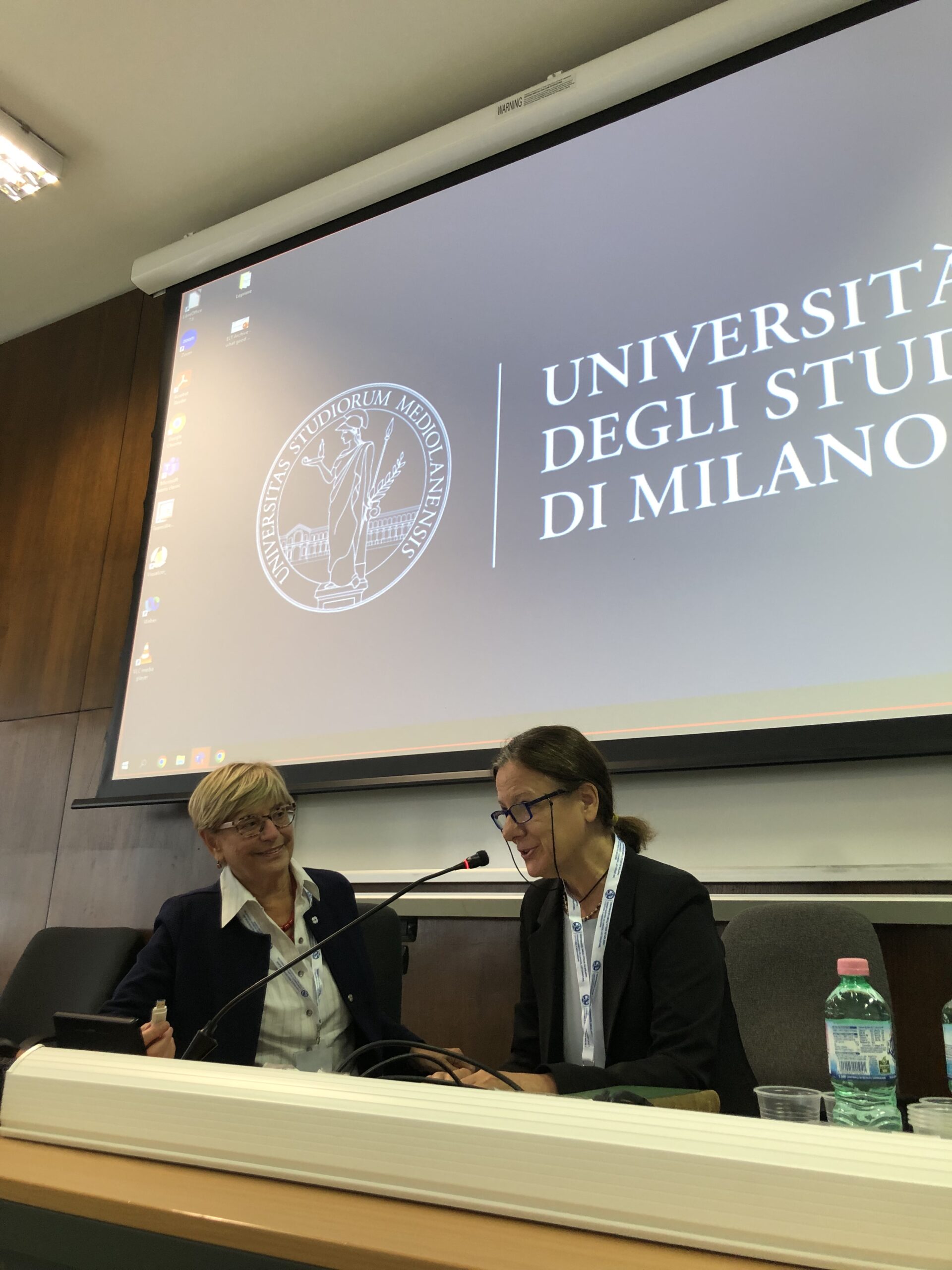
Paper presentations at the Symposium and Archive launch of 20 Sept. 2024
Richard Smith (University of Warwick) delivered the first talk during the official launch of the Italy ELT Archive on 20 September 2024. Reporting his experience as an ELT teacher first and then as a researcher in Applied Linguistics, Smith discussed the significance of historical research in ELT, a field which is usually forward-looking and innovation-oriented. Smith underlined how archives such as the one he founded at the University of Warwick and the Italy ELT Archive itself help challenge universalism in ELT by uncovering local histories that go beyond native speakers’ models and emphasise materials, practices, and the role of teachers in adopting and adapting methodologies for foreign language education. ELT archives are valuable tools to be implemented in teacher training, as they can assist both in-service and pre-service teachers in shaping their identity and enhance their autonomy.
Lucilla Lopriore (University of Roma 3) showed how Italian materials writers catalogued in the Italy ELT Archive contributed positively to decentering ELT by harnessing their status as non-native speakers, also thanks to the support they received, between the 1970s and the 1990s, by institutions such as the British Council, the US Information Service, and the Italian Ministry of Education. The “privilege” of being a non-native was reflected, in particular, in the local implementation of communicative language teaching in coursebooks published in the 1990s. Lopriore pointed to the implications of the Italy ELT Archive for research and for teacher education, and she hinted at its potential for better understanding and responding to current political issues, also considering the growing importance of CLIL, EMI, Global Englishes, and English as a Lingua Franca.
Paola Vettorel’s (University of Verona) talk foregrounded the traditional, fundamental role of coursebooks as a reference point for both teachers and learners. Referring to her personal experience with coursebooks which were popular in Italy in the 1980s, Vettorel problematised the way in which the design of ELT materials has taken into account, over time, the status of English as a global language. Vettorel stressed the need to move beyond monolingualism and native-speakerism, and the value of introducing cross-cultural and cross-linguistic elements in ELT materials. This is fundamental in order to develop intercultural awareness and communication strategies which will aid English learners / users in real-life interactions. However, for this change to take place, teachers need to be directly involved, also by means of specific training that will raise their awareness and foster their agency.
